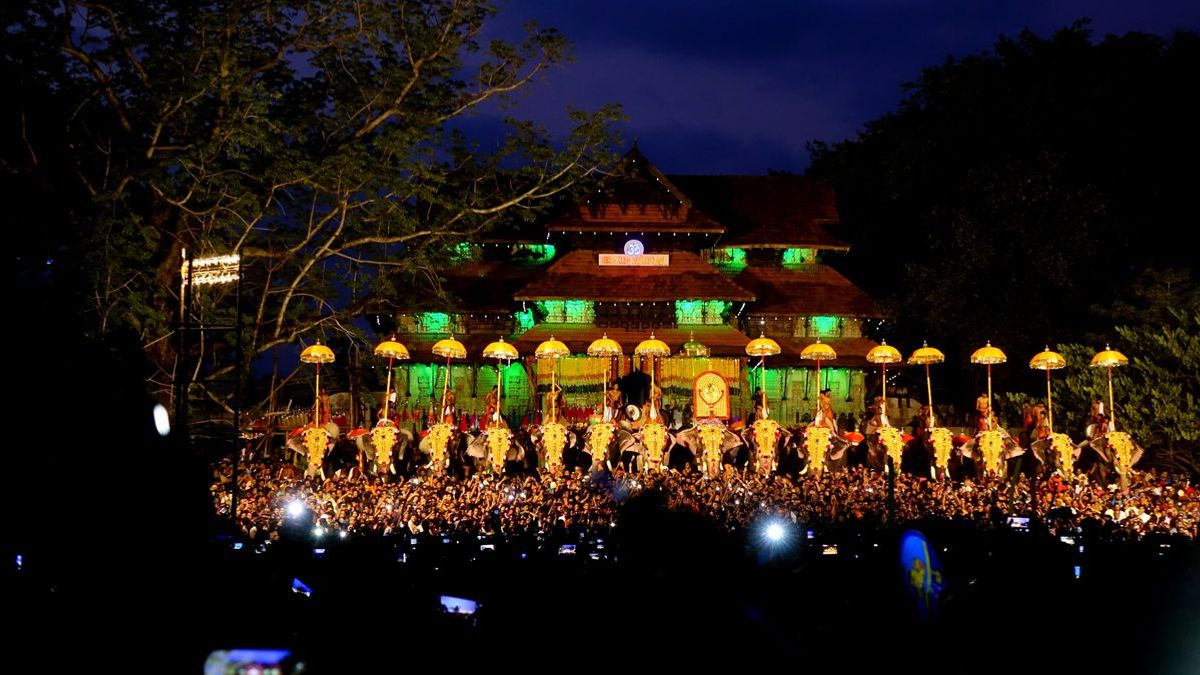
7,468 have died in police custody in India in last five years: Asian rights body
New Delhi, June 25 : In the first ever nationwide assessment of the use of torture in India - released today, the Asian Centre for Human Rights stated that 7,468 persons, at an average of 1,494 persons per year or about four persons per day, have died and/or been killed in prison and police custody during 2002 to 2007.
An equal number of persons, if not more, have been killed in the custody of the army, Central armed forces and States' para-military forces in insurgency affected areas. A large number of these deaths are a result of torture.
A pervasive regime of impunity is the single most important factor for institutionalising widespread use of torture even in areas where there areo armed conflicts. Only four police personnel were convicted in 2004 and three in 2005 for custodial deaths.
"Hundreds are killed, dozens are paid compensation but only 3 to 4 persons are convicted each year. Nothing more can expose the pervasive impunity," stated Suhas Chakma, Director of Asian Centre for Human Rights while describing official figures of 7,468 custodial deaths during 2002 to 2007, award of compensation in 684 cases of custodial violence by the National Human Rights Commission alone from 1994 to 2007 and conviction of only seven police personnel in 2004 and 2005.
"The requirement of prior permission under Section 197 of the Criminal Procedure Code and Section 6 of the Armed Forces Special Powers Act, 1958 for prosecution of the accused law enforcement personnel promotes impunity. The Executive acts as the Supra-judicial body to decide whether the accused law enforcement personnel should be prosecuted or not by the judiciary," Chakma further stated.
He said that the judiciary's role has been laudable, but the courts are hampered by lack of specific legislation against torture, immunities offered to the law enforcement personnel under the Criminal Procedure Code and national security laws, and the more general problem of judicial delay.
He said that the NHRC has been criticised for its preference for interim monetary compensation over recommendation for prosecution. More troublingly, NHRC has been closing complaints after the investigating authorities have concluded that torture took place. NHRC denies the complainants, including the Asian Centre for Human Rights access to the replies of the authorities, a fair hearing and arbitrarily closes the complaints.
"It is precisely because of the blatant failure to uphold the principles of natural justice that Delhi High Court registered seven writ petitionsf Asian Centre for Human Rights against the NHRC in 2007," Chakma informed.
Asian Centre for Human Rights appreciated that India has found the will to enact legal protections against torture of persons belonging to vulnerable groups like women (Domestic Violence Act, 2005), children (Juvenile Justice Act, 2000) and Scheduled Castes and Scheduled Tribes (Prevention of Atrocities Act, 1989).
However, the ACHR lamented that India refuses to address torture by the law enforcement personnel. It failed to enact a law to provide compensation for custodial crimes and implement the recommendations of the Law Commission of India's 152nd Report on "Custodial Crimes" to make consequential amendments to Indian Evidence Act, 1872 (insertion of Section 114B) to provide that "in case of custodial death the onus of proving of innocence may be fixed on the police".
"At international level, India's record on combating torture and cooperating with the UN bodies does not commensurate with its claim as theargest democratic country governed by the rule of law and as an aspiring member of the UN Security Council," Chakma stated.
India's position has been indefensible. India holds the dubious distinction of holding the record for refusing an invitation to the Unitedations Special Rapporteur on Torture for the longest period of time since 1993. Neighbouring Pakistan (1997), Nepal (September 2005), China (November 2005) and Sri Lanka (2007) have all invited the Special Rapporteur.
India has failed to ratify the Convention Against Torture after signing it in 1997. This is despite the fact that neighbouring Nepal and Sri Lankaave already ratified the CAT.
ACHR warned that "unless government of India addresses human rights violations and brings those responsible to justice, the prospects for counter insurgency success will diminish significantly and the space for ever more violent and extreme Armed Opposition Groups (AOGs) will grow ever greater; AOGs that will continue to commit appalling acts of torture with impunity".
ANI


 Click it and Unblock the Notifications
Click it and Unblock the Notifications
















